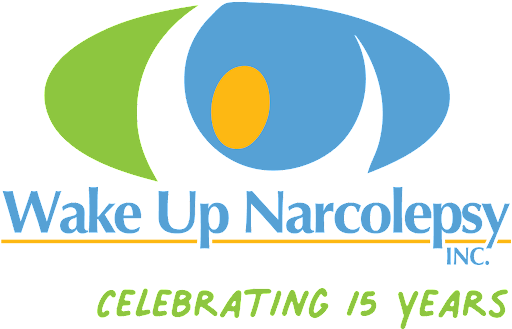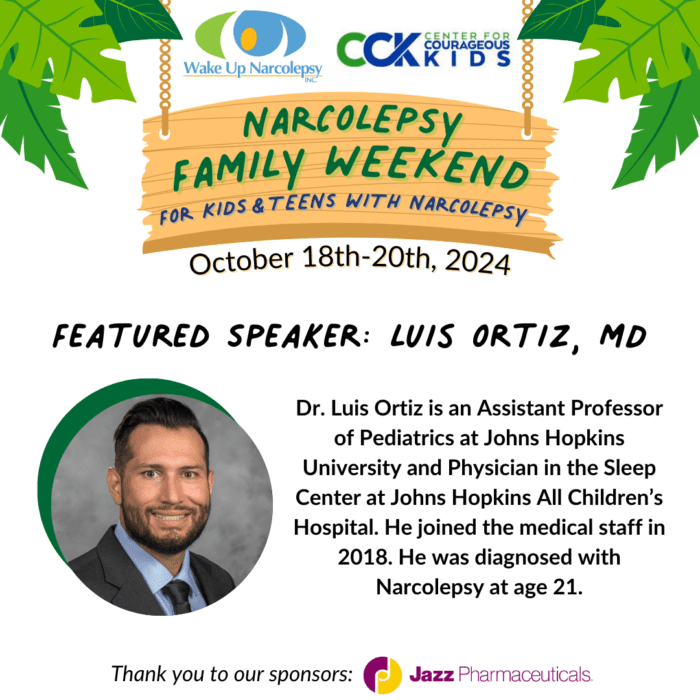Medications
Every individual with Narcolepsy is different and medications that work best for one individual may not work best for another. Speak with your doctor or healthcare professional about the options. Medications for Narcolepsy can include sodium oxybate (Xyrem), stimulants, antidepressants and selective serotonin reuptake inhibitors (SSRIs) and serotonin/norepinephrine reuptake inhibitors (SNRIs). A list of medications for treating daytime sleepiness and cataplexy, from the Division of Sleep Medicine at Harvard Medical School is provided below.




